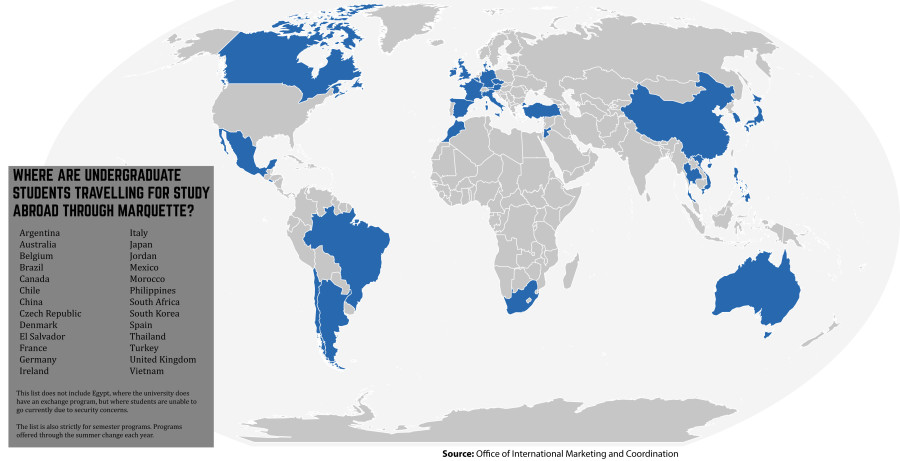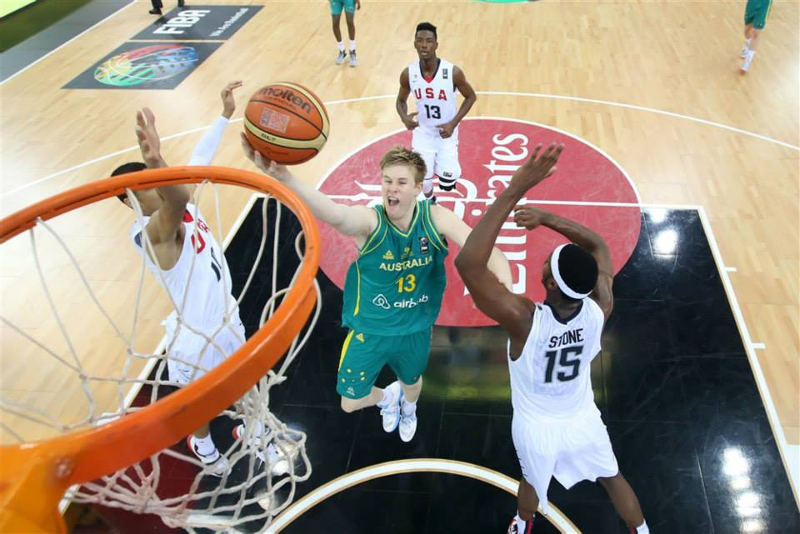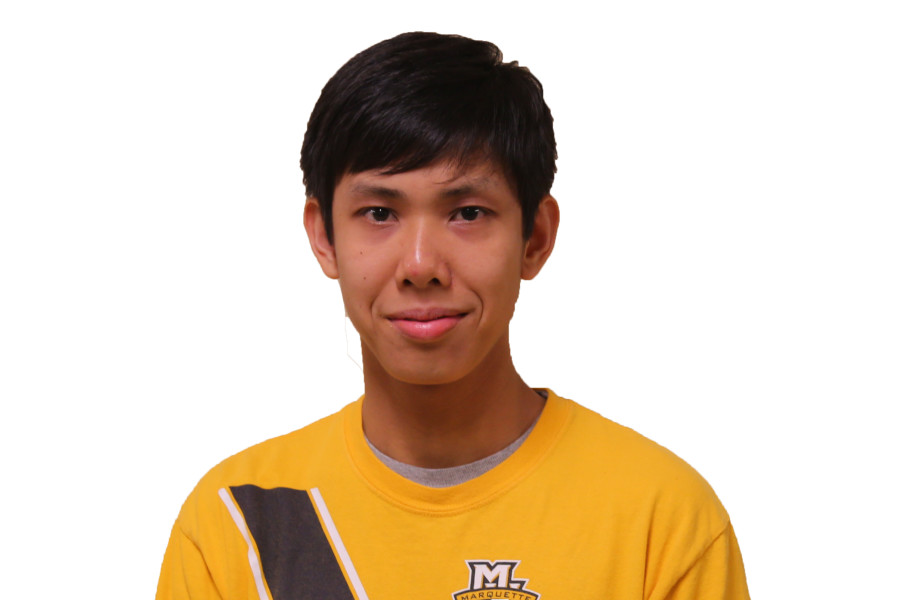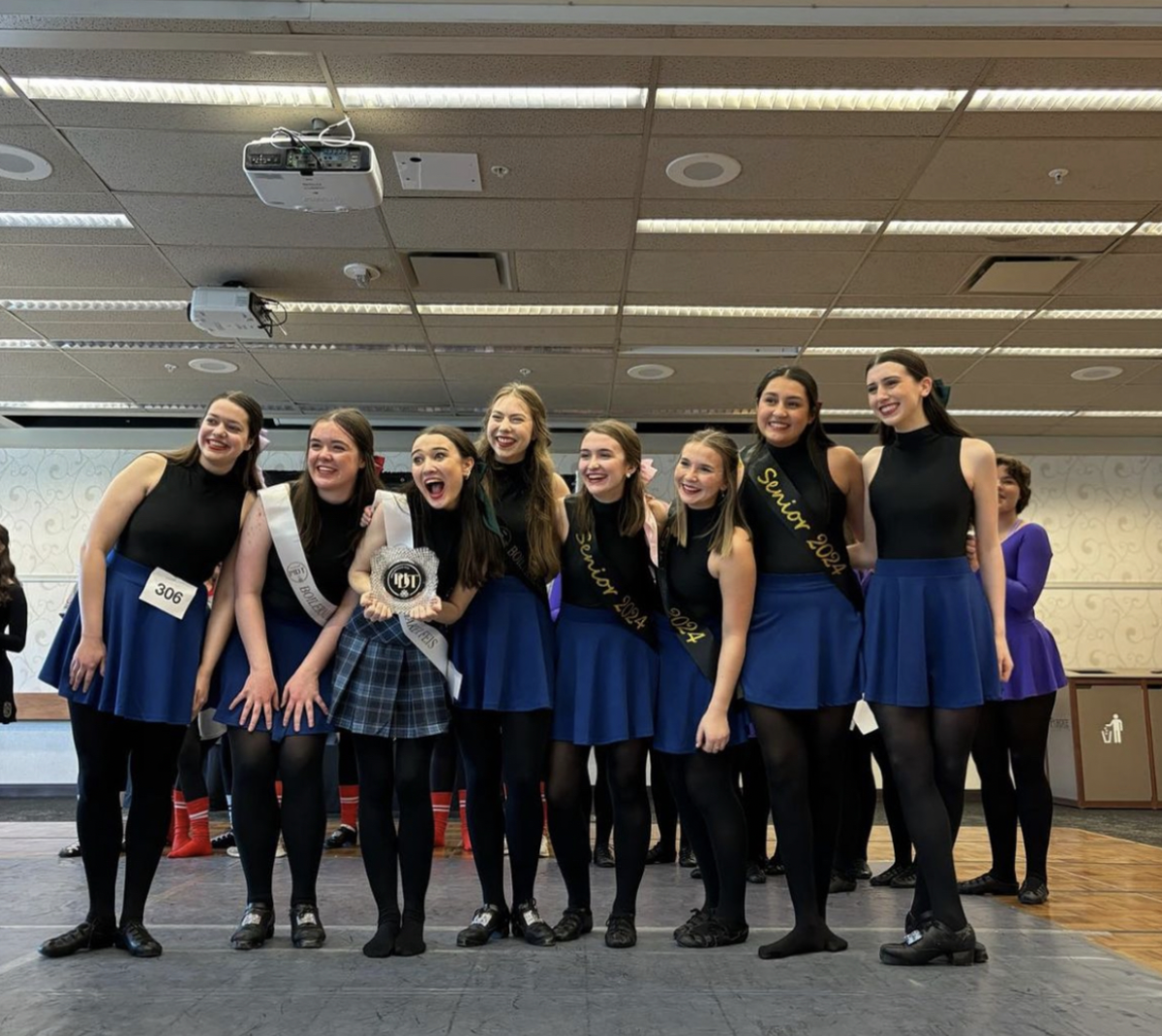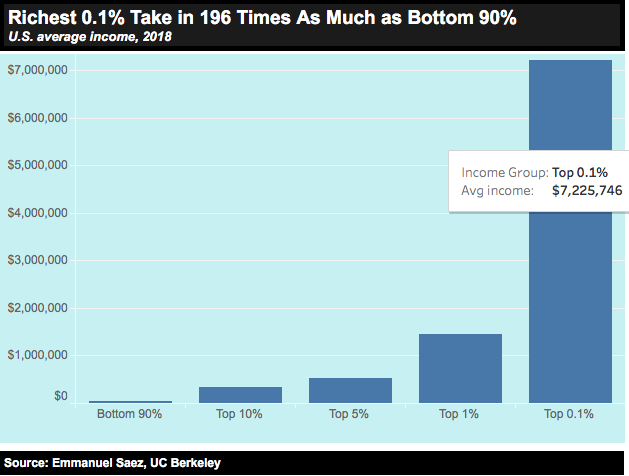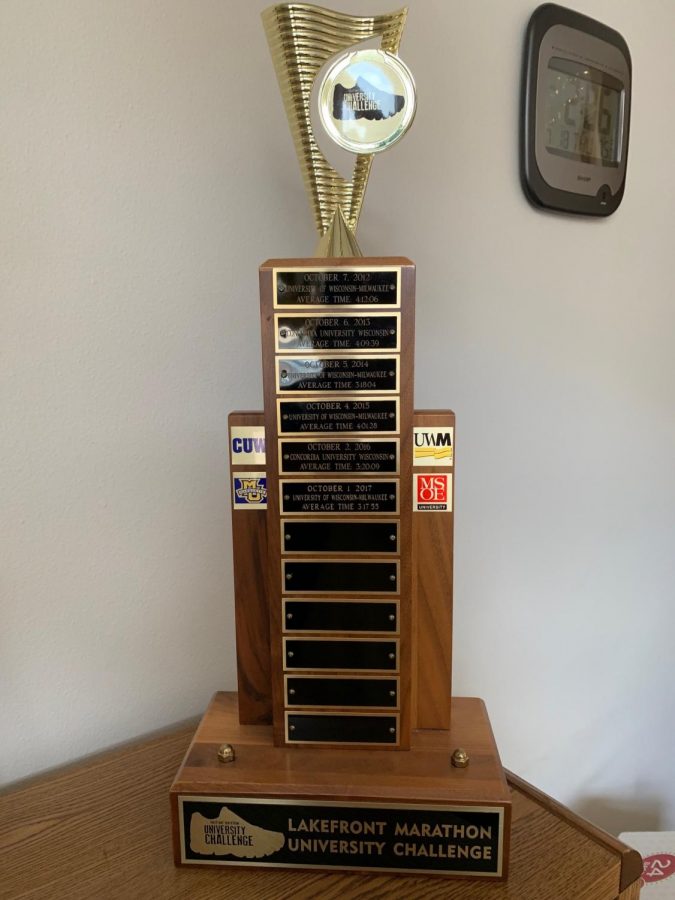
It can take nine hours to present an 80,000 word Ph.D. thesis; but, during Marquette Graduate School’s second annual Three Minute Thesis Competition, students had just three, pressure-packed minutes to present a year’s worth of findings.
Nine contestants competed in the competition on Friday Feb. 23 to win the grand prize of $1,000 and go on to compete regionally. The event, hosted in Weasler Auditorium, also honored two graduate student teaching assistants for their outstanding performance.
Alan Lawson, Former Dean of the UQ’s Graduate School, conceived the idea of the Three Minute Thesis while Australia was enduring a drought that forced Australians to limit their showers to only a few minutes. Lawson’s idea took off, and the competition has expanded to over 600 universities across the world since its international debut in 2010.
Dr. Douglas Woods, Vice Provost for Graduate and Professional Studies and Dean of the Graduate School, emceed the event, the second time it’s been hosted at Marquette.
“We recognize students who embody Marquette’s commitment to excellence, faith, leadership and service,” Woods said in his introduction. These four values are cornerstones of Marquette’s mission and vision.
The crowd of about 80 listened as each student came forward to present their thesis and show a single slide representing their study in front of a panel of judges: Dr. Daniel Myers, University Provost; Trustee Janine Geske; Karen Herzog, a reporter for the Milwaukee Journal Sentinel; Keith Stanley, Executive Director for Avenues West and the Near West Side Partners.
Dr. Woods first welcomed the winners of the Teaching Assistant Awards to the stage once the break following the presenters concluded. Peter Burgess, a third-year Ph.D. candidate in philosophy, won the Teaching Assistant Award for Instructor of Record. Carly Kroll, a second-year master’s student in communication, won the Teaching Assistant Award for Non-Instructor of Record.
Burgess shared his thanks to the philosophy department for “teaching students how to teach and setting a good example.” Looking to teach in his career, he was excited to include his award on his CV.
Kroll appreciated her professors’ confidence in her, and for allowing her “creative reign” in her instruction. “Awards aren’t necessary, but they are encouraging,” she said.
Dr. Woods thanked contestants for their hard work and commitment to scholarship. The audience applauded the students for their presentations prior to the announcement of winners.
Giovanni Berardi, a second-year Ph.D. candidate in clinical and translational rehabilitation, won both the People’s Choice Award and first place in the competition. Ryan Warner, a graduate student in counseling psychology, was the runner-up for the competition.
Berardi presented his thesis on adaptive methods of pain relief, emphasizing exercises and physical therapy as alternatives to prescription medications. Warner’s thesis commented on coping responses to racial microagressions among African-American doctoral students in psychology.
“It feels great to have won,” Berardi said, “I was surprised.” He claimed he was rehearsing about four times a day leading into the event. “Research is my primary focus,” he said. With two years remaining in his studies, Berardi hopes to pursue post-doctoral opportunities once he graduates.
Thomas Hansberger, a contestant in the competition and Ph.D. candidate in philosophy, was glad to have participated.
“I believe in what the [Three Minute Thesis] organization does,” he said. He found it helpful to practice distilling his thesis on intentionality into a three-minute timeframe and believed the short window for presenting helped reduce his anxieties about presenting his thesis.
Fadumo Mohamud, a first-year master’s student in biomedical engineering and spectator of the event, favored Hansberger’s presentation of the nine presentations delivered.
“[His study of intentionality] is relevant across fields,” she said.
Mohamud was surprised that this year’s competition only featured one woman of the nine contestants. Jennifer Marra, a graduate student studying philosophy, was the only woman participant. She presented her thesis on the role of humor in culture and power structures.
Mohamud is considering participation in next year’s Three Minute Thesis Competition and appreciated attending this year’s event.
“It prepares me to know what to do, and figure out more important details to share,” she said. “There are lots of details in engineering.”


